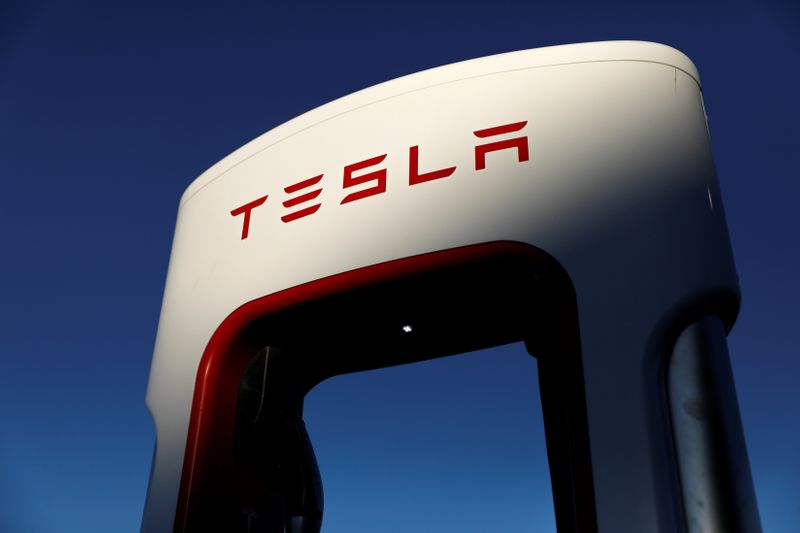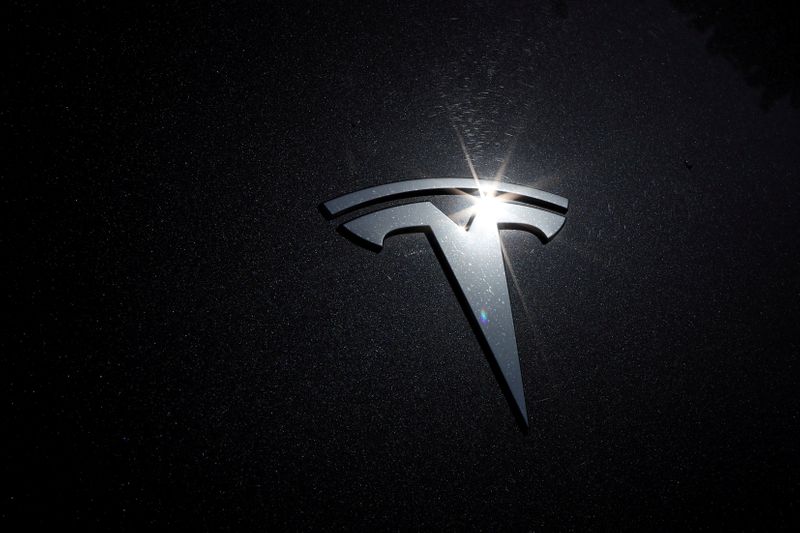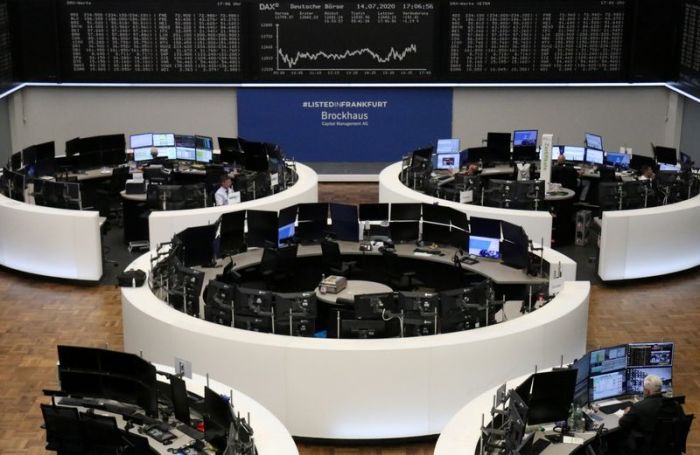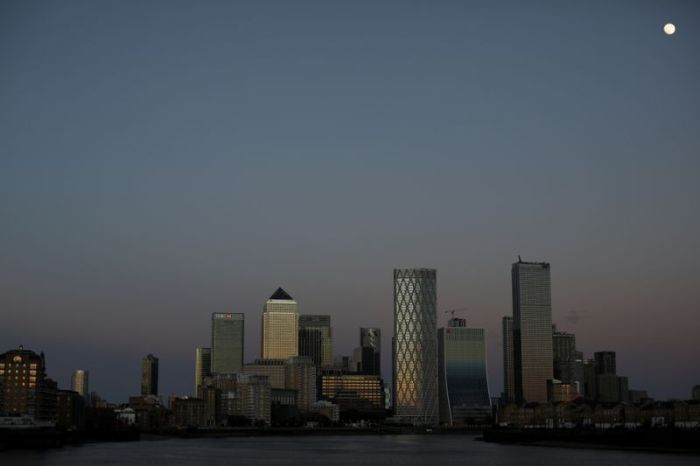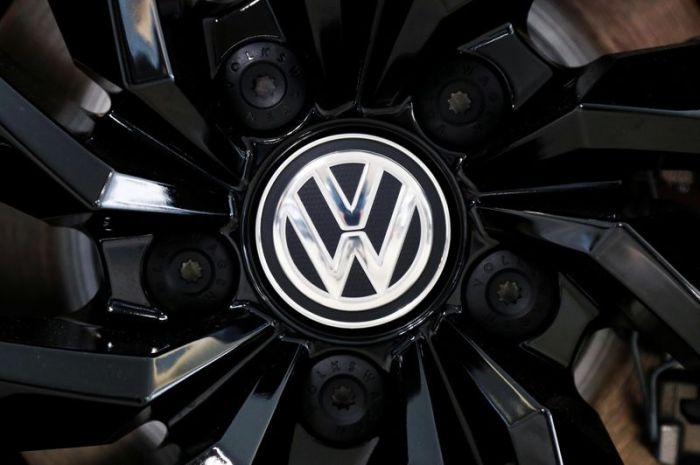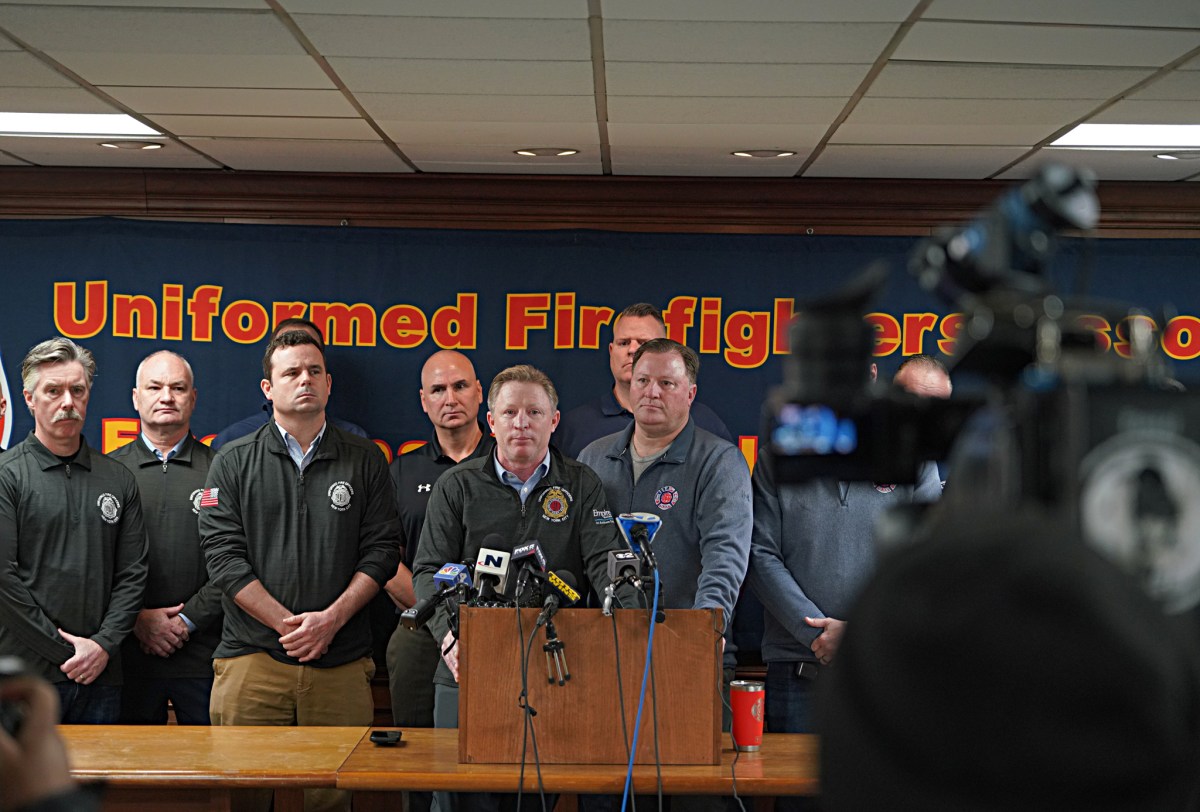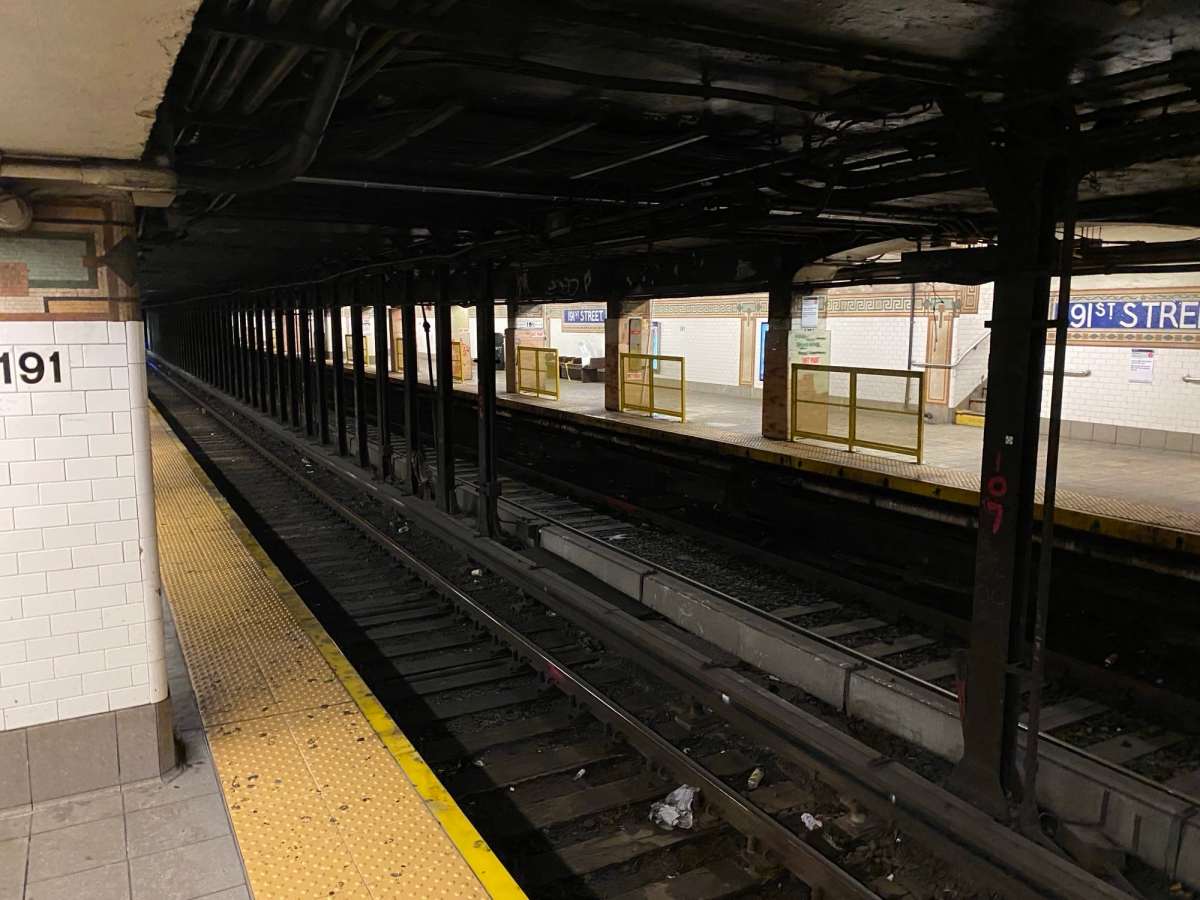FRANKFURT (Reuters) – Germany has banned Tesla from repeating what a court says are misleading advertising statements relating to the capabilities of the firm’s driver assistance systems and to autonomous driving, a Munich judge ruled on Tuesday.
Tesla can appeal the ruling.
The case was brought by Germany’s Wettbewerbszentrale, an industry sponsored body tasked with policing anti-competitive practices.
The Munich court agreed with the industry body’s assessment and banned Tesla Germany from including “full potential for autonomous driving” and “Autopilot inclusive” in its German advertising materials.
It said such claims amounted to misleading business practices, adding that the average buyer might be given the impression that the car could drive without human intervention and might suggest such a system was now legal on German roads.
Tesla’s autopilot system has drawn criticism from regulators, including from the National Transportation Safety Board in the United States, saying it lacks safeguards.
Concerns have grown about assistance systems that can perform driving tasks for extended stretches with little or no human intervention, tempting drivers to neglect their obligation to be in control of their vehicles at all times.
Tesla has said it has informed customers that its automated driver assistance technology did not amount to a fully autonomous driving system.
A spokeswoman for Tesla Germany was not immediately available to comment on Tuesday’s ruling.
Tesla’s Chief Executive Elon Musk said this month the electric car manufacturer was close to making its cars capable of automated driving without any need for driver input, so-called Level 5 autonomy.
(Reporting by Alexander Huebner; Writing by Edward Taylor; Editing by Tom Sims and Edmund Blair)

